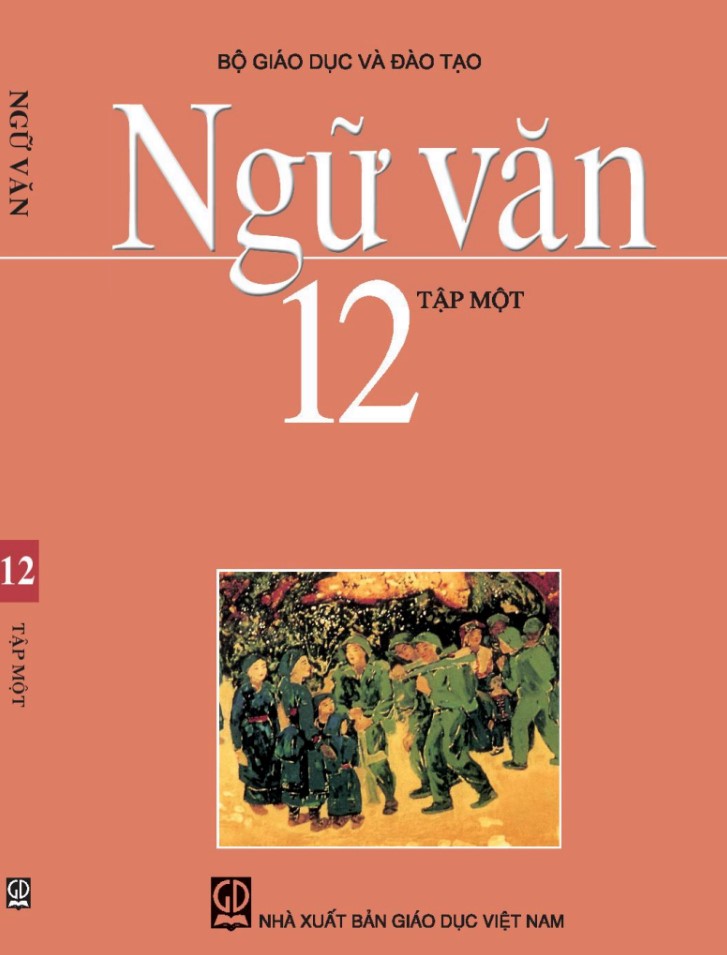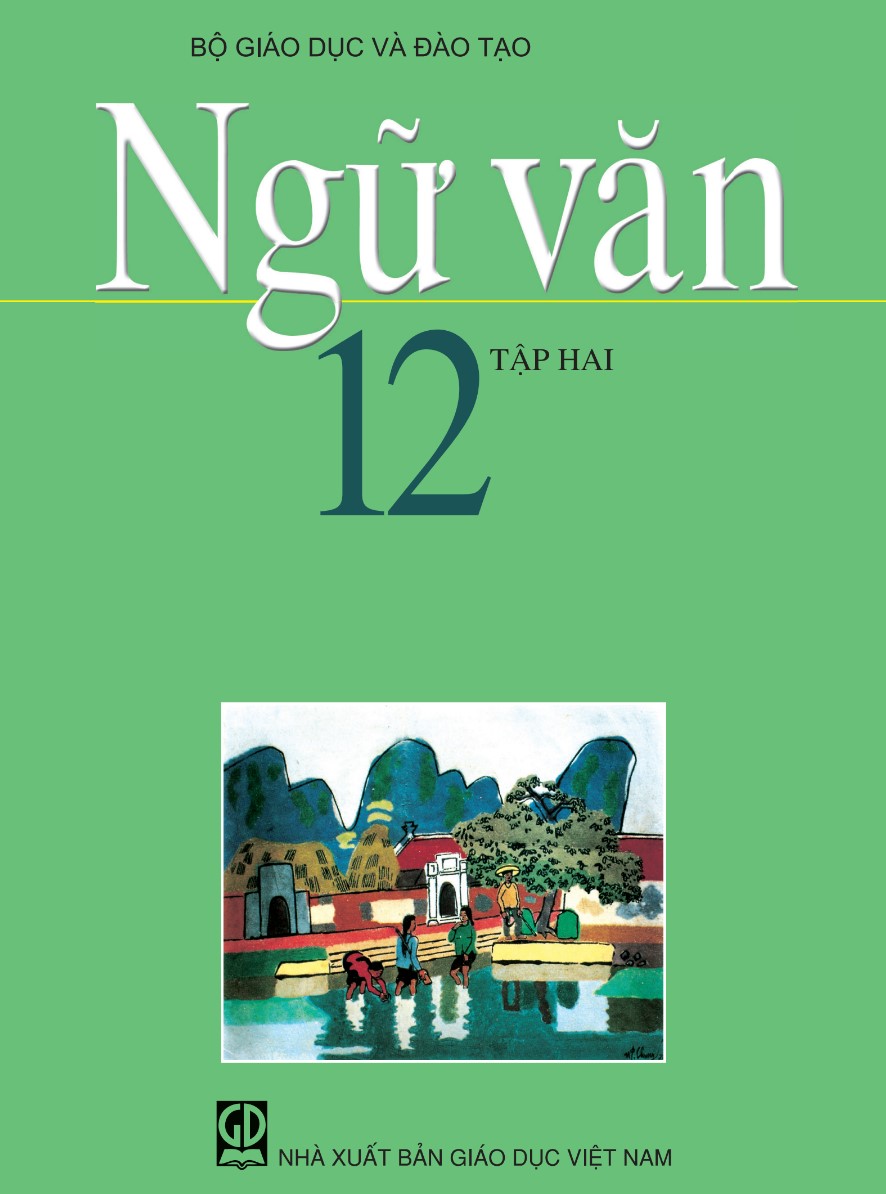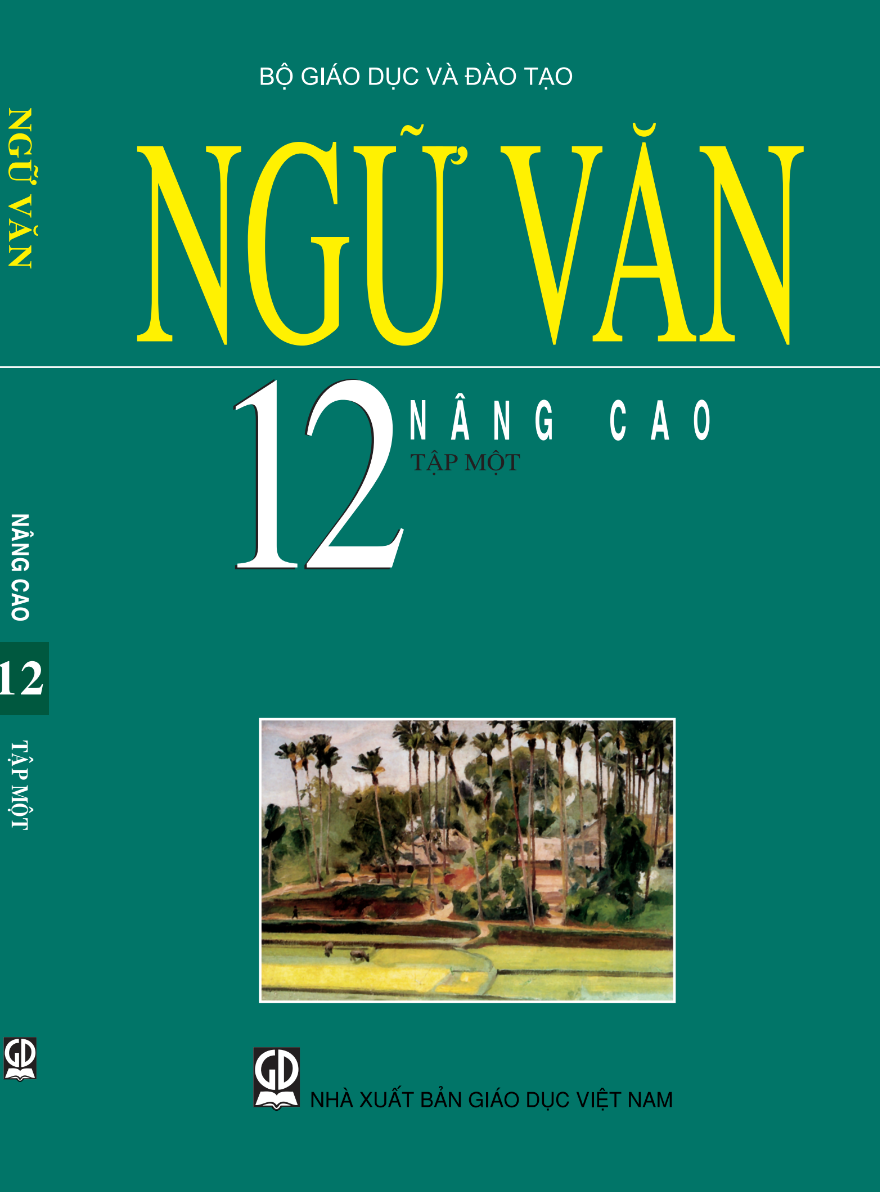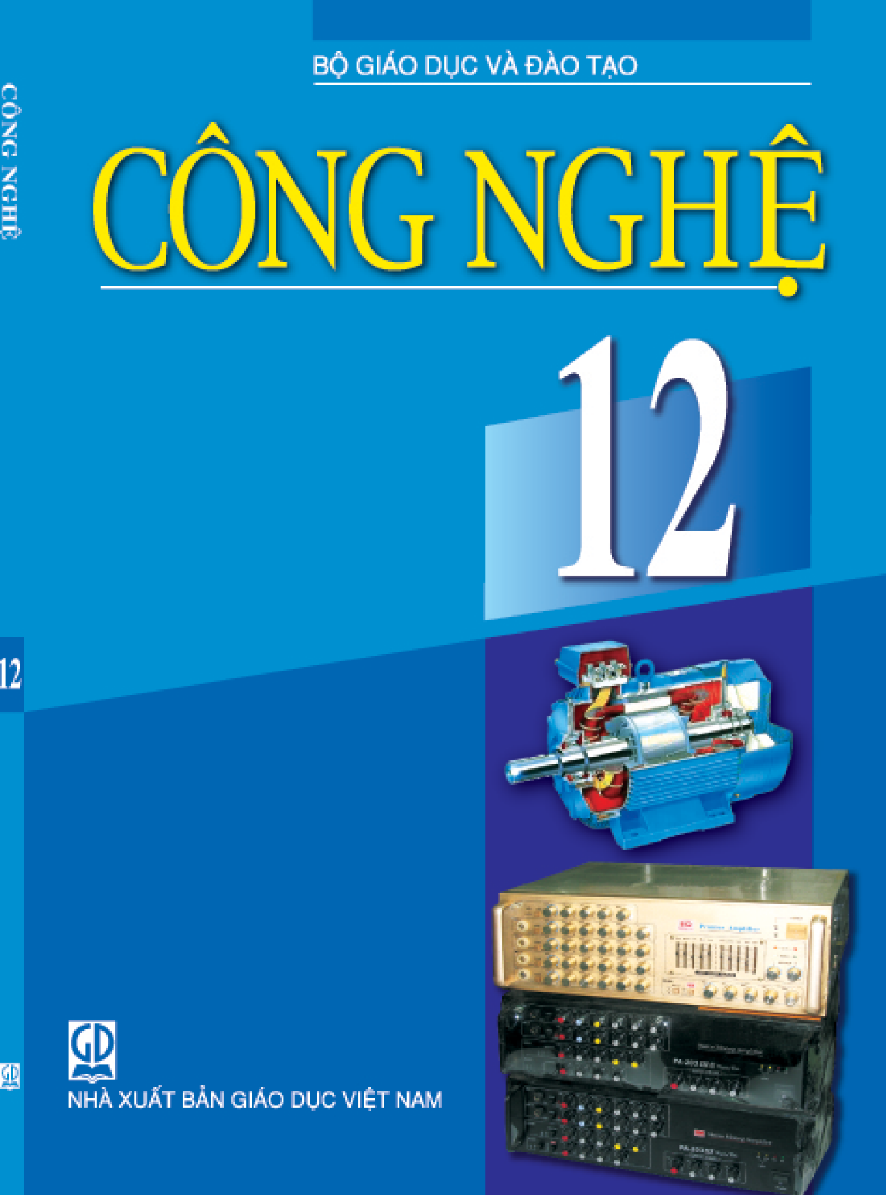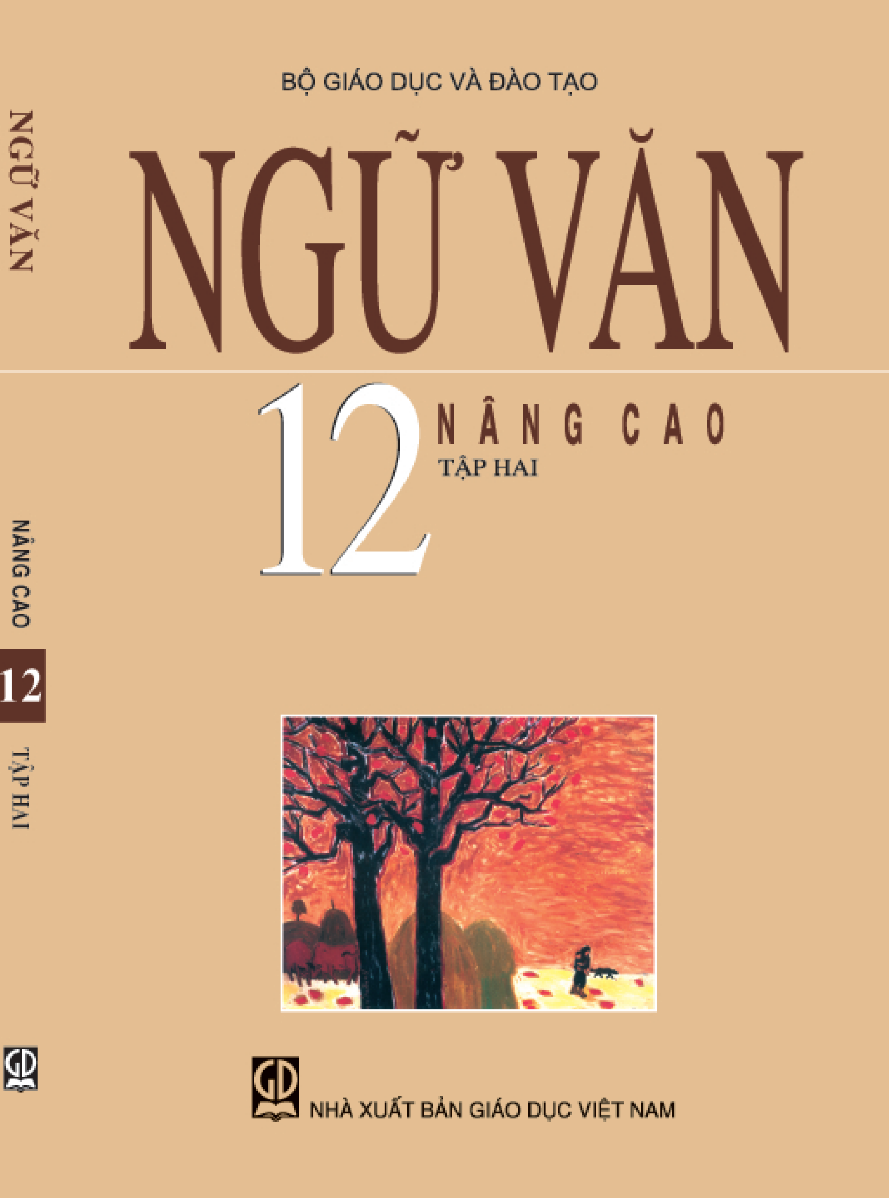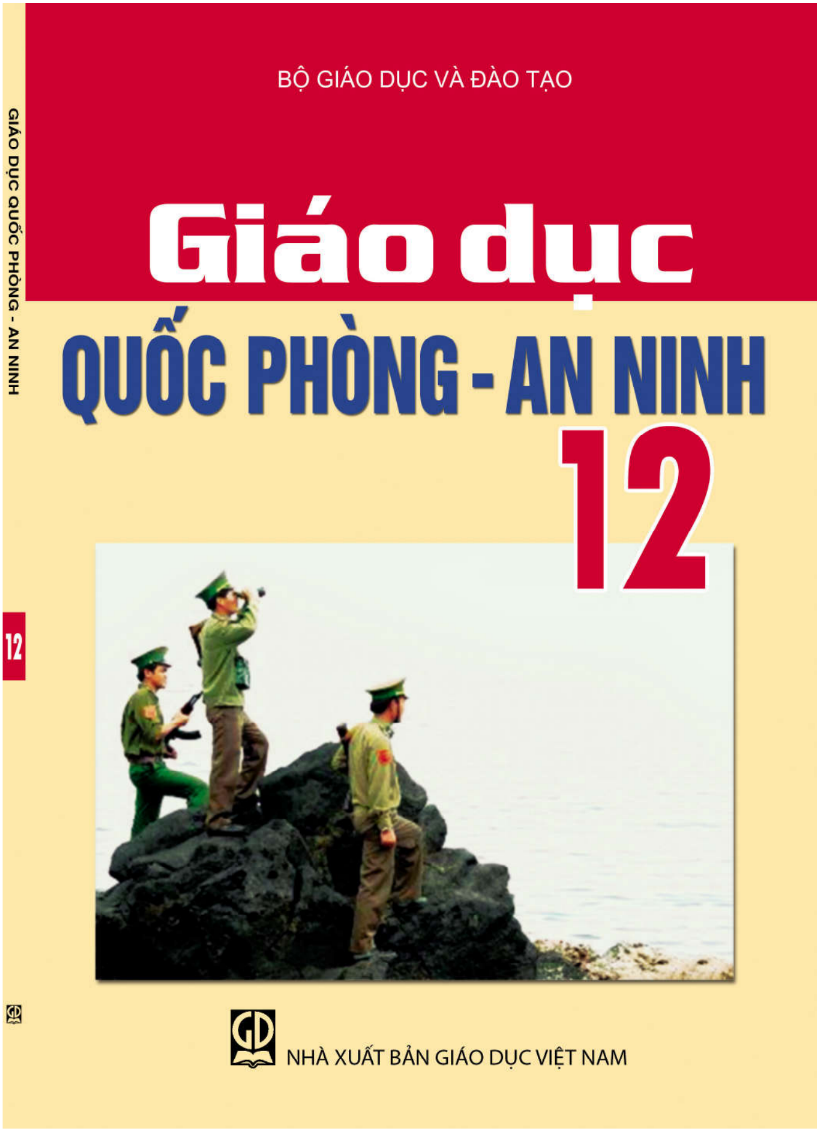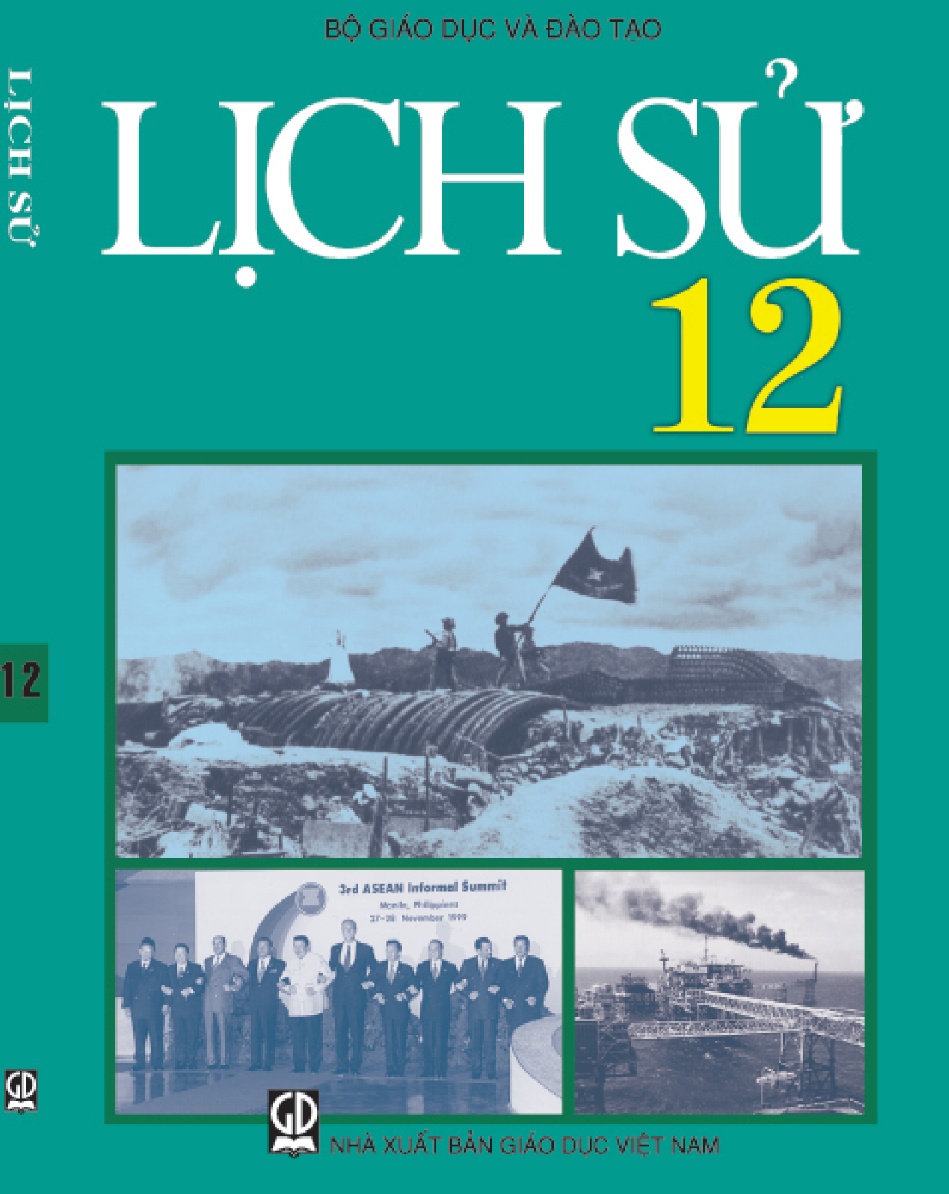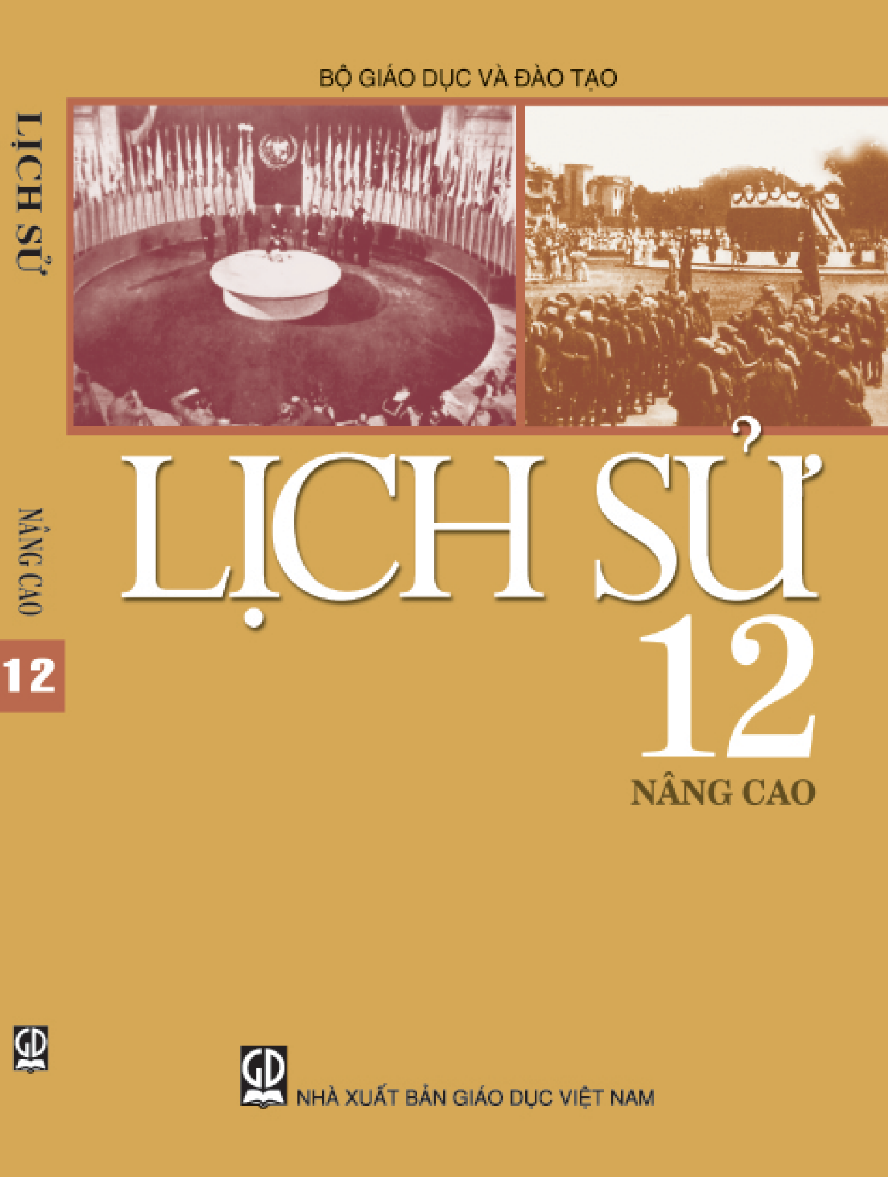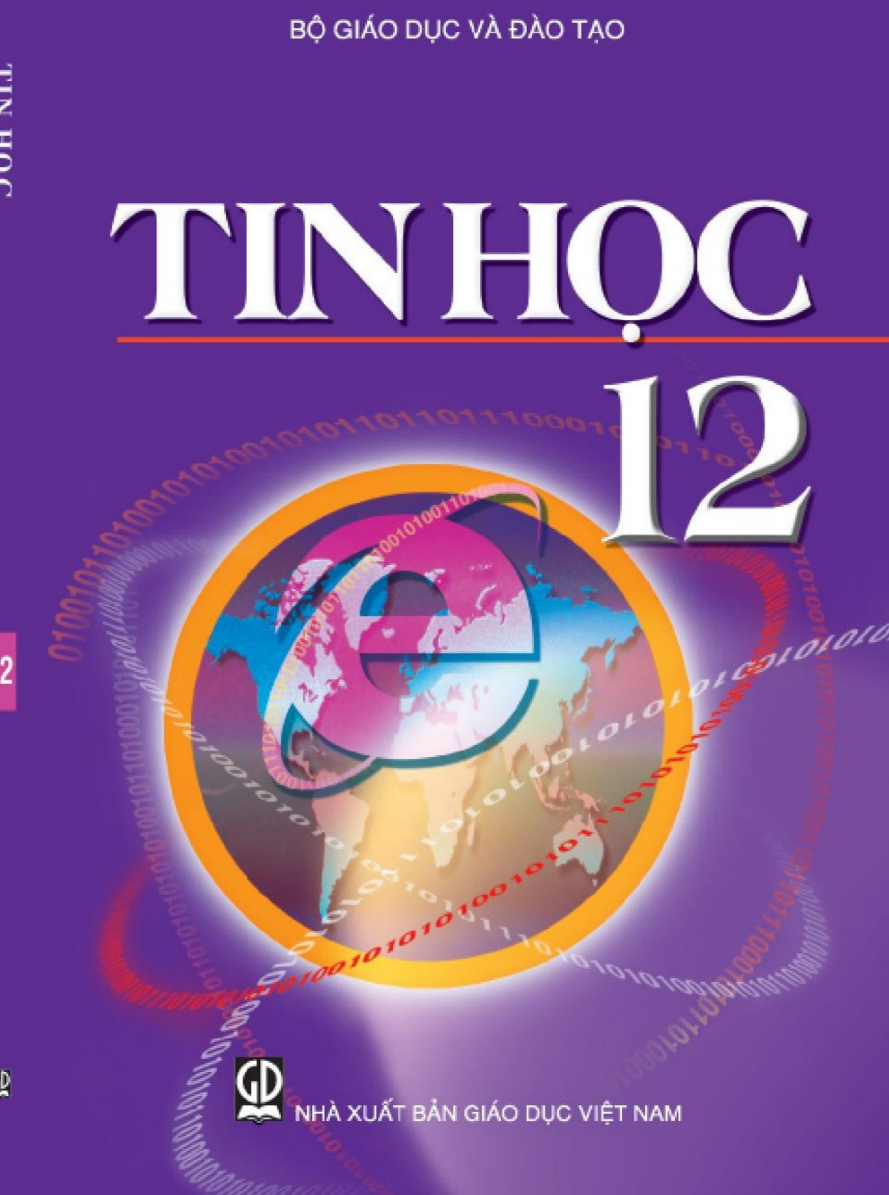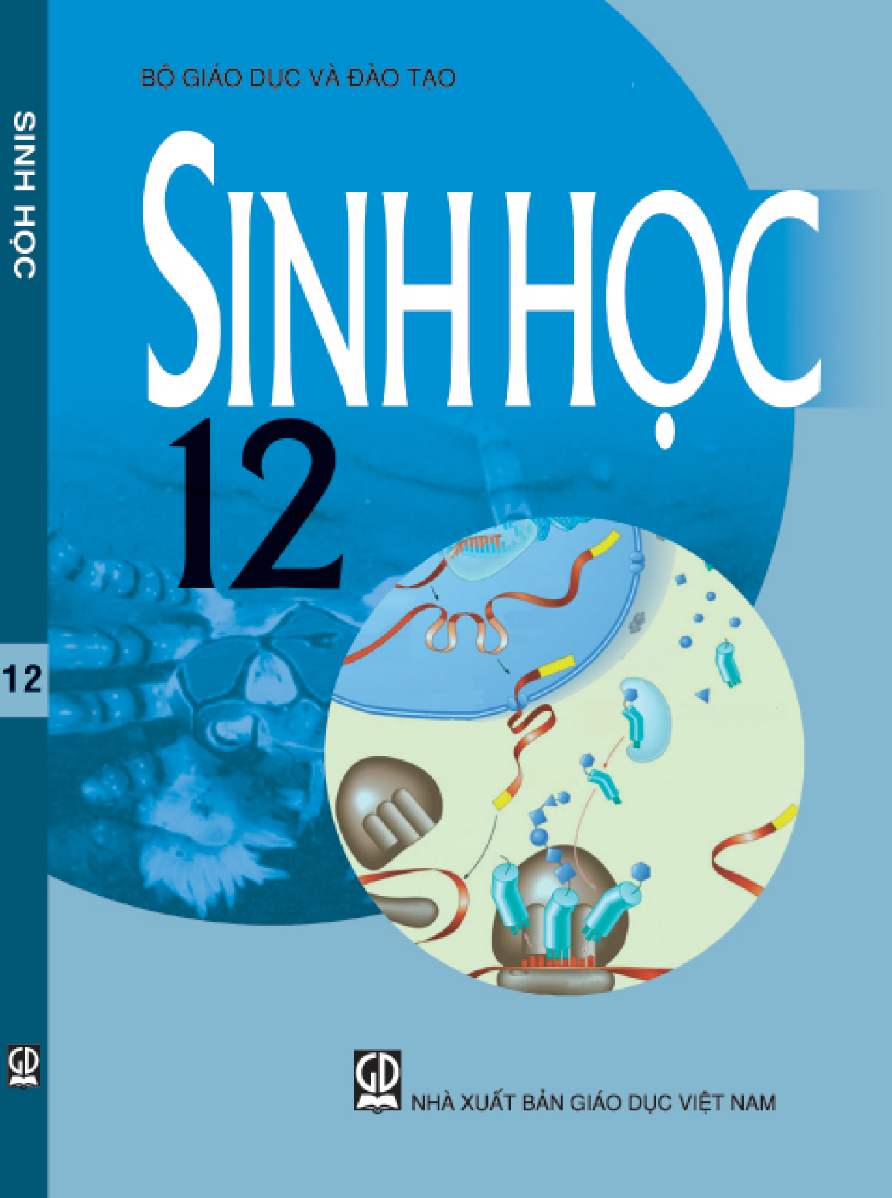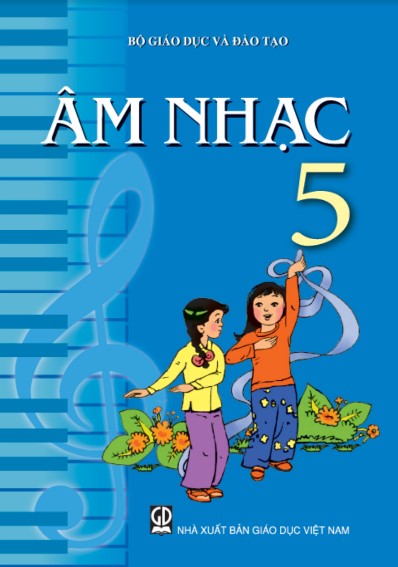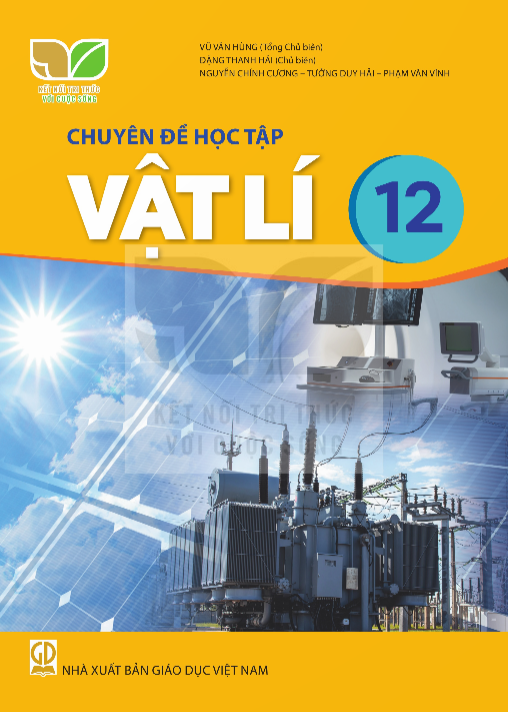(Page 132)
III. READING
Head teacher's message to school-leavers
1. Work in pairs. Discuss the following questions.
1. Have you ever thought of continuing learning after finishing your secondary education?
2. If yes, how will you continue your learning?
2. Read a letter written by a head teacher to her students on the school website. Circle the phrases with the closest meaning to the highlighted words. 
Dear students,
In a few weeks' time, you'll complete your secondary education. Some of you may have already made plans for continuing your studies at university or vocational school, while others may wish to start working right away. Whatever choice you make, remember to keep on learning new knowledge and skills.
'Haven't we learnt enough in secondary school?', many may wonder. In fact, learning does not stop after graduation. It is a lifelong process. It involves creating and maintaining a positive attitude to learning for both professional and personal development. Lifelong learning is especially relevant in today's changing world. It allows you to adapt to changes in the modern workplace and widens your employment opportunities. It helps you make better, informed decisions and become a more well-rounded individual. In addition, it keeps your brain healthy and boosts your memory. Lifelong learning also helps you stay connected with modern ideas and meet new people as you participate in various forms of adult education.
'Does that mean I have to go to classes again?". The answer is 'yes' and 'no'. Yes, because when you start working, you may decide to go to night school or enrol on a distance learning course to learn a skill or get a degree. The answer is also No, because lifelong learning happens all the time. As long as you are motivated, you can learn new knowledge and develop new skills anywhere. Uncle Ho is a great role model for lifelong learning. He never stopped learning throughout his life despite all the hardships and challenges. He learnt to speak different languages, including English, French, Russian, Italian, German, and Chinese mainly by himself. He even wrote poems in Chinese when he was imprisoned in China to keep his mind sharp. He took regular physical exercise, did traditional martial arts, and enjoyed activities such as swimming and mountain climbing throughout his life. We can all learn from Uncle Ho's lifelong efforts to improve himself.
Remember that learning is a lifelong journey. Enjoy every moment of it.
Mrs Le Minh Ngọc
Head teacher
1. wonder
A. to think about something and try to guess what is true or will happen
B. to walk slowly around an area without a clear purpose
2. relevant
A. relatively close
B. valuable and useful
3. widens
A. makes something larger in degree or range
B. makes something smaller in degree or range
4. hardships
A. large boats that are hard to operate
B. conditions of life that cause difficulty and suffering
5. imprisoned
A. released from a prison
B. put in a prison
3. Read the letter again. Choose the correct answer A, B, C, or D. 
1. What is the main message of the letter?
A. Continue your studies at university or night school after leaving school.
B. Continue learning after leaving school to improve yourself and career.
C. Don't be afraid of the challenges of lifelong learning.
D. It's important to get a degree for your professional development.
2. Which of the following options is NOT mentioned as a choice for school-leavers?
A. Going to university.
B. Finding a job.
C. Going to a vocational school.
D. Volunteering abroad to learn languages.
3. Which of the following is NOT mentioned as a benefit of lifelong learning?
A. You have a better understanding of the world and can make good decisions.
B. It helps you to become successful in the present-day world.
C. It keeps your brain healthy and improves your memory.
D. It helps you stay connected with people and current ideas.
4. Why do some people choose distance learning according to the letter?
A. They may want to earn a degree, but still have a full-time job.
B. It is easier to enrol on a distance learning course.
C. There are many online courses to choose from.
D. It is the easiest way to stay connected with your friends from school.
5. Which of the following is NOT mentioned as an example of Uncle Ho's lifelong learning?
A. He regularly exercised, did traditional martial arts, and enjoyed outdoor activities.
B. He learnt to use different languages through self-study.
C. He regularly attended evening classes and joined a learning community.
D. He wrote poems in prison to keep his mind sharp.
4. Work in pairs. Discuss the following questions.
Imagine this letter is addressed to you. How would you reply to the head teacher? What would you say to her?
